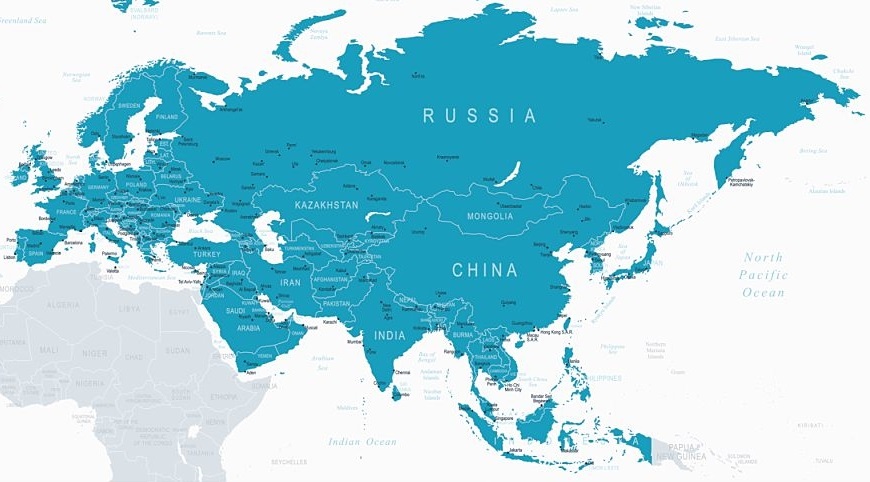
Two years ago, in our AVİM commentary titled “The Necessity of Constructive Eurasianism,” we dealt with the notion of Eurasianism and stated that this notion is prevalently categorized as being inherently at variance with or antagonistic towards the West.[1] We stressed that these approaches do not do justice to the term Eurasia itself. In this respect, we expressed the following views:
“Geographically, Eurasia covers a huge landmass from Lisbon to Vladivostok. Thus, Eurasianism for Turkey does not necessarily have to be defined or developed along such lines. In fact, what would be in Turkey’s best interest would be to adopt a ‘Constructive Eurasianism’ that on the one hand values Turkey’s institutionalized connections with the West, and on the other hand looks into the potential offered by increased ties with Turkey’s east. In this context, this Eurasianism promoted by the Center for Eurasian Studies (AVİM) rests on the rejection of the negative interpretation of Eurasianism, which is interpreted basically as the rejection of the West.
[…] the Constructive Eurasianism advocated by AVİM requires a proper framework program to be established right from the beginning in order for Turkey to expand its relations in the Asian part of Eurasia. This proper framework, starting from simple bilateral agreements, will allow Turkey’s Constructive Eurasianism for example to exist side by side with Russia’s Neo-Eurasianism in the same geography. Turkey’s Constructive Eurasianism should be understood as geared towards encouraging regional cooperation. As such, a framework program will help to differentiate Turkey’s Constructive Eurasianism from the likes to Russia’s Neo-Eurasianism that seeks to establish a sphere of (Russian) influence rather than regional cooperation.”
In the said AVİM commentary, we also stated that;
“In sum, Constructive Eurasianism, unlike other forms of Eurasianism prevalent in Turkey, will benefit Turkey because it rejects creating new rivalries and antagonisms, and instead seeks to create new avenues for cooperation so that Turkey can position itself properly in a changing world. This will allow Turkey to maintain its integration with the West while at the same time start a new integration process with the East. As such, Constructive Eurasianism will allow Turkey to function as a true nexus between the West and the East.”
We have reviewed and discussed in our recent AVİM analysis the European Union’s (EU) new strategy on Central Asia.[2] As it was explained in detail in our said analysis, The EU announced last month that the Council of the EU on 17 June adopted conclusions on a new EU strategy regarding the Central Asia. The EU, with this new strategy is aiming to adapt the EU policies to new opportunities that have emerged in the region. It recognizes the strategic role of Central Asia in global efforts to promote Euro-Asian connectivity and stresses that these efforts should bring benefits to the region. The new EU strategy states that the Union will focus on promoting resilience, prosperity, and regional cooperation in Central Asia.
The new EU Central Asia strategy, from our perspective, represents a good example for the notion of Constructive Eurasianism. It would be beneficial for both the EU and Turkey to cooperate in the Central Asia in the framework of this notion. For such an outcome, the EU should refrain from considering Turkey as a rival which she has done so in the Balkans. Instead, she should cooperate with its 55-year partner of Turkey in Central Asia. It should not be forgotten that power emerges from unity.
*Picture: https://avim.org.tr
[1] Mehmet Oğuzhan Tulun and Teoman Ertuğrul Tulun, “The Necessity Of Constructive Eurasianism,” Center For Eurasian Studies (AVİM), June 12, 2017, sec. Commentary, 2017/51, https://avim.org.tr/en/Yorum/THE-NECESSITY-OF-CONSTRUCTIVE-EURASIANISM
[2] Teoman Ertuğrul Tulun, “Eu’s Central Asia Strategy 2019: Belated And Self Centered,” Center For Eurasian Studies (AVİM), July 11, 2019, sec. Analysis, 2018/16, https://avim.org.tr/en/Analiz/EU-S-CENTRAL-ASIA-STRATEGY-2019-BELATED-AND-SELF-CENTERED
© 2009-2025 Center for Eurasian Studies (AVİM) All Rights Reserved
No comments yet.
-
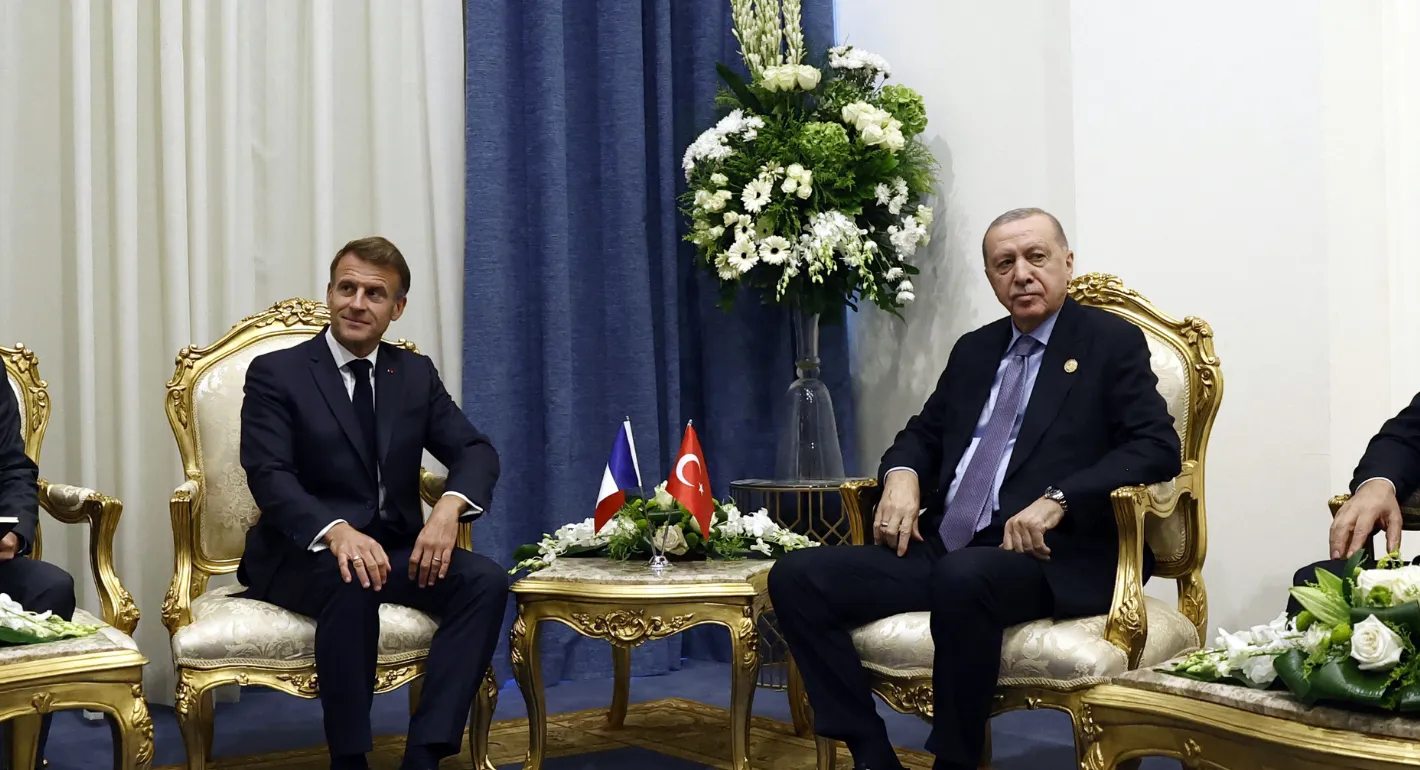 FRANCE, TÜRKİYE, AND THE BLACK SEA ORDER: LEGAL REALITIES VERSUS STRATEGIC SHORTCUTTING
FRANCE, TÜRKİYE, AND THE BLACK SEA ORDER: LEGAL REALITIES VERSUS STRATEGIC SHORTCUTTING
Teoman Ertuğrul TULUN 04.02.2026 -
 GREECE’S “CHERRY-PICKING” POLICY IN INVOKING THE RULES OF INTERNATIONAL LAW
GREECE’S “CHERRY-PICKING” POLICY IN INVOKING THE RULES OF INTERNATIONAL LAW
Teoman Ertuğrul TULUN 31.08.2020 -
 NSU CASE COVERED UP AND LEGALLY CLOSED: IS IT POSSIBLE TO AVOID SOCIAL AND POLITICAL REPERCUSSIONS?
NSU CASE COVERED UP AND LEGALLY CLOSED: IS IT POSSIBLE TO AVOID SOCIAL AND POLITICAL REPERCUSSIONS?
Teoman Ertuğrul TULUN 20.12.2021 -
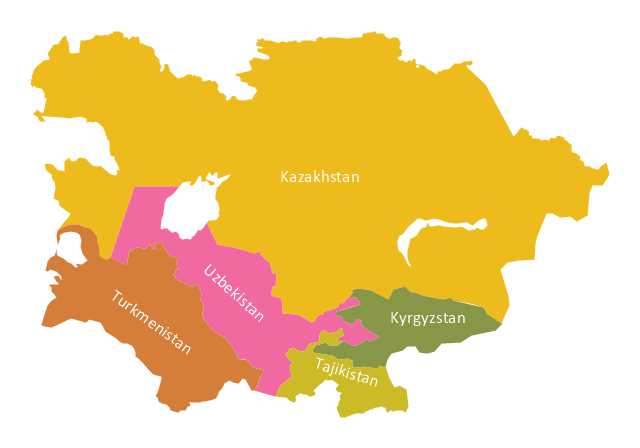 A QUARTER OF A CENTURY OF INDEPENDENCE OF CENTRAL ASIAN COUNTRIES: THE DEMOGRAPHIC QUANDARY
A QUARTER OF A CENTURY OF INDEPENDENCE OF CENTRAL ASIAN COUNTRIES: THE DEMOGRAPHIC QUANDARY
Teoman Ertuğrul TULUN 08.11.2016 -
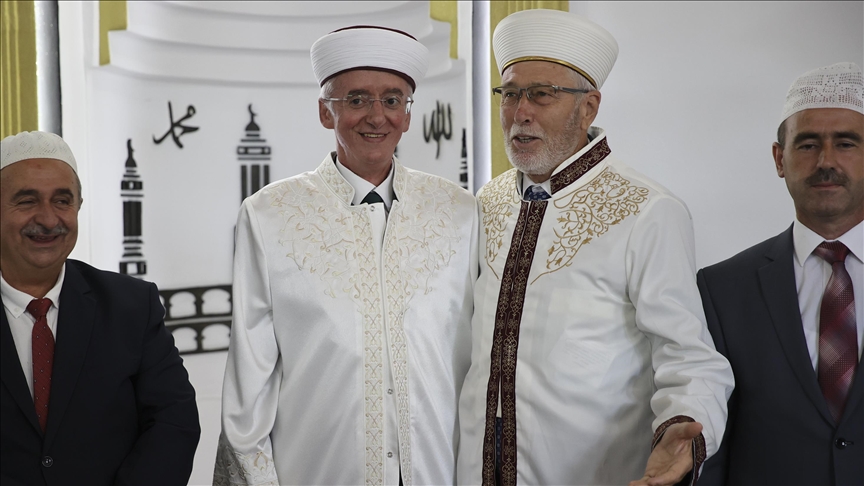 RELIGIOUS ASSIMILATION POLICIES IN GREECE: PRESSURE ON TURKISH MUFTIS AS A CONTINUATION OF MINORITY RIGHTS VIOLATIONS
RELIGIOUS ASSIMILATION POLICIES IN GREECE: PRESSURE ON TURKISH MUFTIS AS A CONTINUATION OF MINORITY RIGHTS VIOLATIONS
Teoman Ertuğrul TULUN 21.08.2025
-
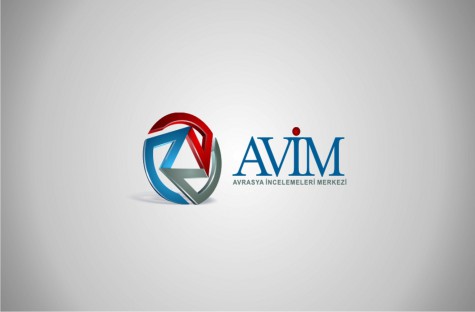 PRESIDENT SARGSYAN’S RESPONSE TO THE INVITATION FOR THE COMMEMORATION CEREMONIES OF THE 100TH ANNIVERSARY OF THE BATTLE OF GALLIPOLI
PRESIDENT SARGSYAN’S RESPONSE TO THE INVITATION FOR THE COMMEMORATION CEREMONIES OF THE 100TH ANNIVERSARY OF THE BATTLE OF GALLIPOLI
AVİM 20.01.2015 -
 SASSOUNIAN PAROLE IS AGAIN ON THE AGENDA
SASSOUNIAN PAROLE IS AGAIN ON THE AGENDA
Hazel ÇAĞAN ELBİR 29.05.2018 -
 ARMENIAN SPIES: HISTORICAL ROOTS OF ARMENIAN ESPIONAGE
ARMENIAN SPIES: HISTORICAL ROOTS OF ARMENIAN ESPIONAGE
AVİM 04.07.2018 -
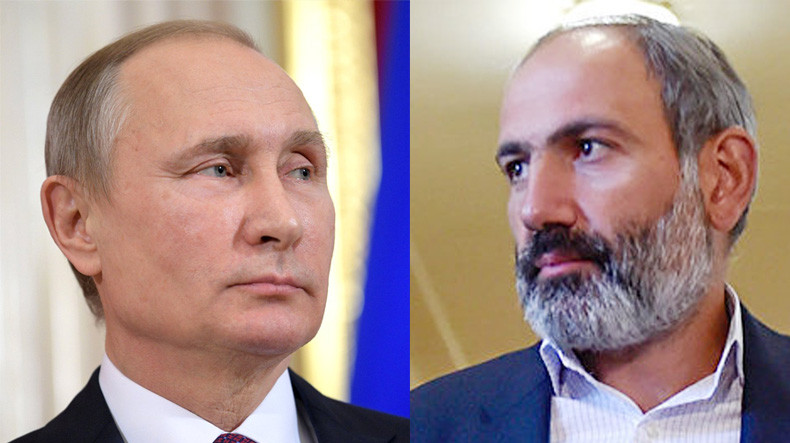 “WITCH HUNT” IN ARMENIA. REACTIONS FROM RUSSIA TO THE “PURIFICATION” OF ARMENIA FROM “KARABAKH CLAN”
“WITCH HUNT” IN ARMENIA. REACTIONS FROM RUSSIA TO THE “PURIFICATION” OF ARMENIA FROM “KARABAKH CLAN”
Nigar SHİRALİZADE 01.08.2018 -
THE US AND TURKEY-ARMENIA RELATIONS
Ömer Engin LÜTEM 17.06.2012
-
25.01.2016
THE ARMENIAN QUESTION - BASIC KNOWLEDGE AND DOCUMENTATION -
12.06.2024
THE TRUTH WILL OUT -
27.03.2023
RADİKAL ERMENİ UNSURLARCA GERÇEKLEŞTİRİLEN MEZALİMLER VE VANDALİZM -
17.03.2023
PATRIOTISM PERVERTED -
23.02.2023
MEN ARE LIKE THAT -
03.02.2023
BAKÜ-TİFLİS-CEYHAN BORU HATTININ YAŞANAN TARİHİ -
16.12.2022
INTERNATIONAL SCHOLARS ON THE EVENTS OF 1915 -
07.12.2022
FAKE PHOTOS AND THE ARMENIAN PROPAGANDA -
07.12.2022
ERMENİ PROPAGANDASI VE SAHTE RESİMLER -
01.01.2022
A Letter From Japan - Strategically Mum: The Silence of the Armenians -
01.01.2022
Japonya'dan Bir Mektup - Stratejik Suskunluk: Ermenilerin Sessizliği -
03.06.2020
Anastas Mikoyan: Confessions of an Armenian Bolshevik -
08.04.2020
Sovyet Sonrası Ukrayna’da Devlet, Toplum ve Siyaset - Değişen Dinamikler, Dönüşen Kimlikler -
12.06.2018
Ermeni Sorunuyla İlgili İngiliz Belgeleri (1912-1923) - British Documents on Armenian Question (1912-1923) -
02.12.2016
Turkish-Russian Academics: A Historical Study on the Caucasus -
01.07.2016
Gürcistan'daki Müslüman Topluluklar: Azınlık Hakları, Kimlik, Siyaset -
10.03.2016
Armenian Diaspora: Diaspora, State and the Imagination of the Republic of Armenia -
24.01.2016
ERMENİ SORUNU - TEMEL BİLGİ VE BELGELER (2. BASKI)
-
AVİM Conference Hall 24.01.2023
CONFERENCE TITLED “HUNGARY’S PERSPECTIVES ON THE TURKIC WORLD"









